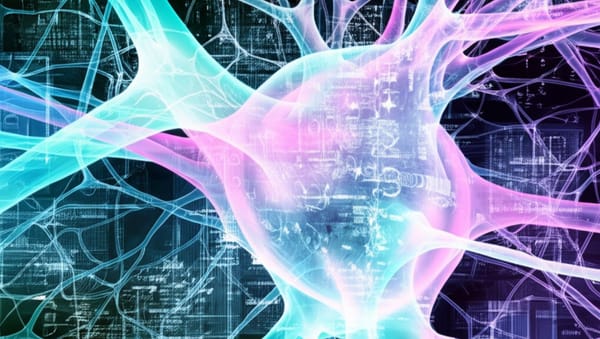Tech Leaders Propose Treating AI Chips Like Nuclear Materials

Former Google CEO Eric Schmidt and co-authors have proposed implementing controls for advanced AI chips similar to those used for nuclear materials, arguing that compute resources represent a critical national security chokepoint that demands unprecedented oversight. The group's recommendations include geolocation tracking, firmware-level security, and strict export controls reminiscent of nuclear nonproliferation frameworks.
End of Miles reports that these proposals appear in a new paper titled "Superintelligence Strategy: Expert Version," co-authored by Schmidt, AI safety researcher Dan Hendrycks, and Scale AI founder Alexandr Wang, which presents a comprehensive approach to managing potentially catastrophic risks from advanced artificial intelligence.
Compute as the new fissile material
The Stanford-affiliated experts draw explicit parallels between AI chips and nuclear materials, noting that like uranium enrichment facilities, these chips require "intricate manufacturing processes and significant resources." Their analysis suggests compute has become a strategic commodity as significant as fissile material was during the nuclear age.
"The primary goal of compute security is to treat advanced AI chips like we treat enriched uranium," the authors write. "We examine the historical precedents of compute security, and we propose tactics to reliably know where high-end AI chips are located and to prevent them from falling into the hands of rogue actors."Superintelligence Strategy paper, Section 5.1
The researchers emphasize that compute capability directly determines AI performance, with analyses revealing "a striking correlation—over 95%—between the amount of compute used and an AI model's performance on standard benchmarks." This relationship has remained consistent across fifteen orders of magnitude of computational power, suggesting future advancements will continue to be driven by increasing compute resources.
Three-tier security framework
The policy experts propose several specific mechanisms for securing the global AI chip supply, including a licensing regime that identifies chips, their recipients, and any intended transfers. Their framework suggests entities with strong compliance records might earn exemptions provided they notify authorities of every resale or relocation.
"Sellers of high-end AI chips would apply for a license that identifies the chips, their recipient, and any intended transfers... This process relies on familiar infrastructure, it can be introduced swiftly, enabling officials to track chips without stalling legitimate commerce."The authors, on implementing a verification system
The AI safety specialists also recommend enhanced enforcement through more officers performing in-person compliance visits and end-use checks that would detect deviations since "the actual location of the chips would no longer match declared inventories." They suggest implementing **tamper-evident camera feeds** from datacenters to confirm that declared AI chips remain on-site.
Technical safeguards at the hardware level
The technical dimension of the proposal includes firmware-level security features that could verify a chip's geographic location and disable functionality if moved to unauthorized areas. The research team notes that advanced chips could employ techniques similar to those used in smartphones, which can be remotely deactivated if lost or stolen.
"By measuring signal delays from multiple landmarks, a chip can verify its location within tens to hundreds of kilometers—enough to determine whether it is in the correct country. If a chip moves to an unauthorized area, it can automatically deactivate or limit its functionality."From the paper's section on firmware-level security features
Schmidt and his co-authors argue that these measures represent pragmatic solutions rather than hypothetical ideals. The technology policy experts cite precedents where former adversaries found common ground on safeguarding dangerous materials, noting that during the Cold War, "the United States cooperated with both the Soviet Union and China on nuclear, biological, and chemical arms not from altruism but from self-preservation."




